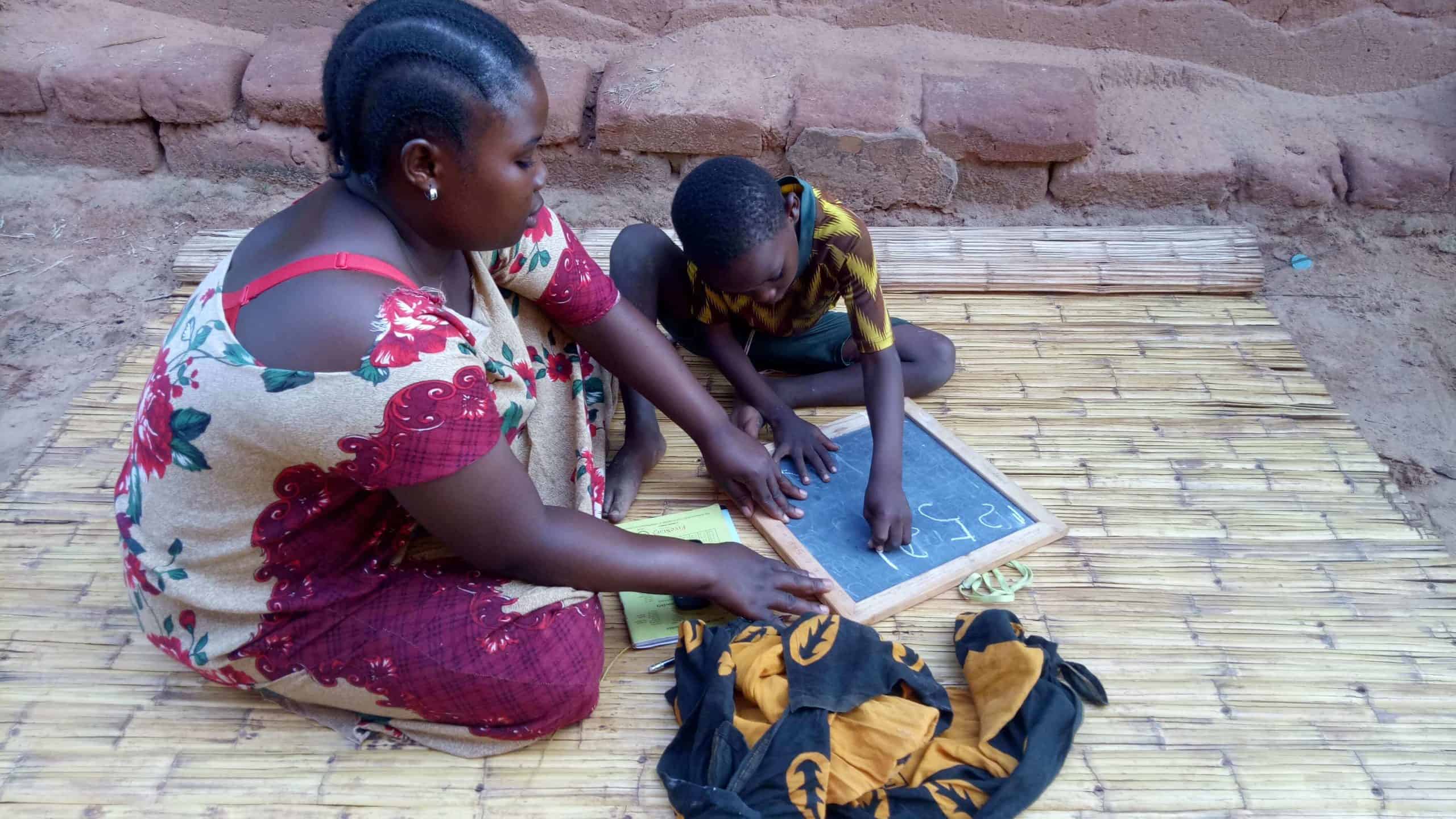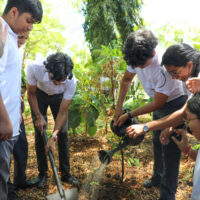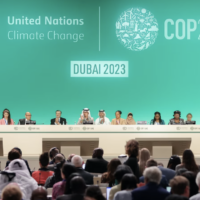Hussein Abdallah will turn 8 this year and is now enrolled in Grade 2 (Standard 1) at Luwale Primary School in Lindi, Tanzania. But it was not always certain that Hussein would be able to advance beyond kindergarten.
He has had learning difficulties since birth, and once in school struggled to master basic reading and math. Teachers and others in the community felt that Luwale Primary School was not the right environment for a child with special needs, but with few other options, Hussein would simply be left behind.

Above: Hussein and Swaumu, his mother, working through his lessons
In October 2021, Schools2030 in Tanzania launched a pilot scheme, Kids Supportive Learning at Home, to prevent learning loss during the pandemic by enhancing parental support. Hussein was one of 50 children with learning difficulties to join the program.
Once he was enrolled in the program, his mother, Swaumu, received a mobile phone, exercise books, pencils, crayons, slates, and an online ‘learning at home’ guide.
Since joining, Swaumu and Hussein have spent every evening together working on his lessons. At first, she says, Hussein had trouble concentrating and just wanted to play. But Hussein loves to draw, so she gave him crayons and drawing exercises to start. Gradually he became more interested in the other lessons. Now it is he who reminds her to study with him!
“Hussein proved so many wrong, and my neighbors are surprised when they find me and him sitting concentrating learning – they wonder how is this possible and they joke with me, calling me a teacher! The guides and resources were very good, giving me what I needed to support Hussein.”
Teachers at Luwale Primary School who had once doubted Hussein’s ability to progress are surprised to see how much he has changed. He enjoys learning and seems on track to enroll in the next grade with his peers.
When the Schools2030 team conducted follow-up assessments with the teachers of the 50 children enrolled in the program, 39 of them (mostly female) had improved enough to go move to the next grade.
This relatively small project has had an outsized impact. While sparking a love a learning among the children, it has demonstrated the power of parental involvement in a child’s learning and the importance of inclusion. Proof that the whole community – parents, family members and friends alike – can work together to ensure that no child is left behind.
Read the full story by Venance Matei on the Schools2030 website
Schools2030 Global Forum, June 11-13
The story of Swaumu and Hussein is one example of how AKF-led Schools2030 is designing innovative, low-cost educational solutions to improve learning outcomes for marginalized children while transforming education systems in 10 countries.
Next month, from June 11 to 13, Schools2030, AKF, and the Ministry of Education and Science for the Kyrgyz Republic will host the third annual Schools2030 Global Forum. The purpose of the Schools2030 Global Forum is to create opportunities for teachers to be brought into dialogue with policymakers so that ‘what works’ at school-level can drive wider systems-change.
A diverse cross-section of some 200 participants from around the world will gather to address the critical topic of climate and education under the theme “Teacher Leadership for Climate Resilience: How to Transform Learning through School and System Pathways for the Future of the Planet.”
Over three days, attendees—in person and online–will explore how the Schools2030 model for driving impact through school-led innovation can strengthen the educational response to the climate emergency.
The forum will also mark the launch of Schools2030’s strategic Phase II, continuing its 10-year program to strengthen school-to-system pathways for advancing teacher leadership and quality learning.
For more information, visit https://schools2030.org/events/schools2030-global-forum-2024/
You can follow Schools2030 on Twitter, Facebook, and LinkedIn.



